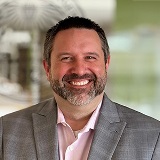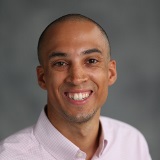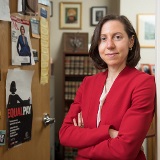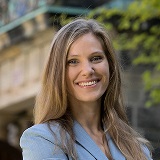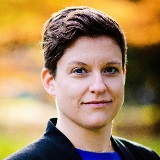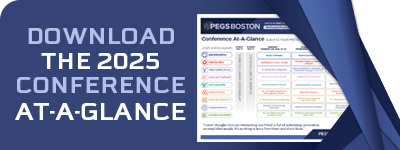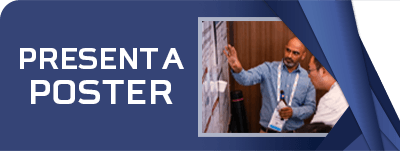Cambridge Healthtech Instituteの第12回年次
Engineering Cell Therapies
細胞療法工学
Developing Smarter Cell Therapies for Cancer and Autoimmune
がん・自己免疫向けスマート細胞療法の開発
2025年5月13日 - 14日 EDT(米国東部標準時・夏時間)
Sunday, May 11
1:00 pmMain Conference Registration
2:00 pmRecommended Pre-Conference Short Course
SC3: Challenges and Opportunities in Solid Tumor and Autoimmune Disease Therapeutic Innovations
*Separate registration required. See short course page for details.
Tuesday, May 13
1:50 pmDessert Break in the Exhibit Hall with Poster Viewing
ENGINEERING SMARTER CELL THERAPIES
Engineering More Effective, Safer CAR T Cell Therapies
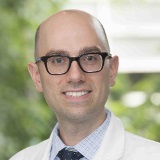 Eric L. Smith, MD, PhD, Director of Translational Research, Immune Effector Cell Therapies, Dana-Farber Cancer Institute
Eric L. Smith, MD, PhD, Director of Translational Research, Immune Effector Cell Therapies, Dana-Farber Cancer Institute
CAR engineering strategies can be employed to address current-day challenges in adoptive cellular therapies. CAR T cell therapies, which can be more potent than ADCs, can be made further efficacious by leveraging structural (paratope-epitope) knowledge to generate biparatopic designs that can prevent emerging antigen driven resistance. CAR T cell therapies can be made safer by screening for on-target/off-tumor toxicity, and engineering with binders of different affinity to convey an optimal therapeutic window.
Clinical Biomarkers of Response to Ciltacabtagene Autoleucel in Patients with Relapse or Refractory Multiple Myeloma
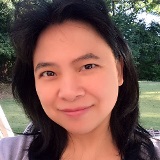 Katherine Li, Director, Clinical Sciences, Oncology Translational Research, Johnson & Johnson Innovative Medicine
Katherine Li, Director, Clinical Sciences, Oncology Translational Research, Johnson & Johnson Innovative Medicine
Cilta-cel has demonstrated deep and durable response in patients with len-refractory MM as early as first relapse, including significantly improved progression-free survival, overall survival, and sustained MRD negativity vs. SoC. Biomarkers were investigated in the randomized, phase 3 CARTITUDE-4 trial (NCT04181827) on patients with len-refractory MM with >=1 prior line of therapy to evaluate their association with clinical outcomes.
3:30 pmSponsored Presentation (Opportunity Available)
4:00 pmRefreshment Break in the Exhibit Hall with Poster Viewing
SPEED NETWORKING
How Many New Contacts Can You Make?
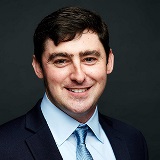 Kevin Brawley, Project Manager, Production Operations & Communications, Cambridge Innovation Institute
Kevin Brawley, Project Manager, Production Operations & Communications, Cambridge Innovation Institute
Bring yourself and your business cards or e-cards, and be prepared to share and summarize the key elements of your research in a minute. PEGS-Boston will provide a location, timer, and fellow attendees to facilitate the introductions.
IMPROVING CELL FITNESS, ACTIVITY AND RESPONSE
Leveraging Transcription Factors to Enhance CAR T Cell Fitness
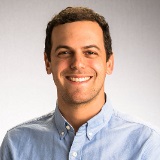 Evan W. Weber, PhD, Assistant Professor, Pediatrics, University of Pennsylvania
Evan W. Weber, PhD, Assistant Professor, Pediatrics, University of Pennsylvania
CAR T cell therapies are limited by T cell exhaustion and poor CAR T persistence, which result in suboptimal antitumor activity in patients. Transcription factors govern these processes, and thus, have emerged as ideal targets for enhancing CAR T cell potency. My talk will introduce a conceptual framework for how T cell fitness impacts CAR T cell efficacy and describe transcription factor engineering approaches for enhancing CAR T cell fitness.
Enhancing CAR T Cell Activity through Recruitment of Proximal T Cell Signaling Pathways
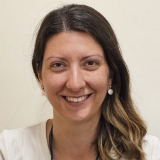 Maria C. Rotiroti, PhD, Research Fellow, Pediatrics, Dana-Farber Cancer Institute
Maria C. Rotiroti, PhD, Research Fellow, Pediatrics, Dana-Farber Cancer Institute
Loss or downregulation of the target antigen has emerged as a major mechanism of resistance to CAR T cells. Conventional CAR T cells are susceptible to immune escape because they require high target antigen density for activation. By engineering intracellular signaling, we have developed a novel platform that amplifies the CAR T cell response to low antigen density, enabling the targeting of tumors with heterogeneous antigen expression.
Engineering CAR T Cells to Overcome Mechanisms of Resistance in Lymphoma
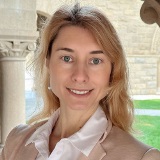 Zinaida Good, PhD, Assistant Professor (incoming), Division of Immunology and Rheumatology, Stanford University
Zinaida Good, PhD, Assistant Professor (incoming), Division of Immunology and Rheumatology, Stanford University
This talk will present research on response and toxicity correlates in chimeric antigen receptor (CAR) T cell therapy for large B cell lymphoma (LBCL). It will discuss CAR T regulatory cells and a novel subset of tumor-associated macrophages as emerging mechanisms of resistance to CD19-CAR T cell therapy in LBCL, and will conclude with unpublished work on modeling these resistance mechanisms and CAR T cell designs to overcome resistance.
6:10 pmClose of Day
6:10 pmDinner Short Course Registration
6:30 pmRecommended Dinner Short Course
SC5: Targeting the Target: Aligning Target and Biologic Format Biology to Achieve Desired Outcomes
*Separate registration required. See short course page for details.
Wednesday, May 14
7:15 amRegistration and Morning Coffee
WORKFORCE INNOVATION BREAKFAST
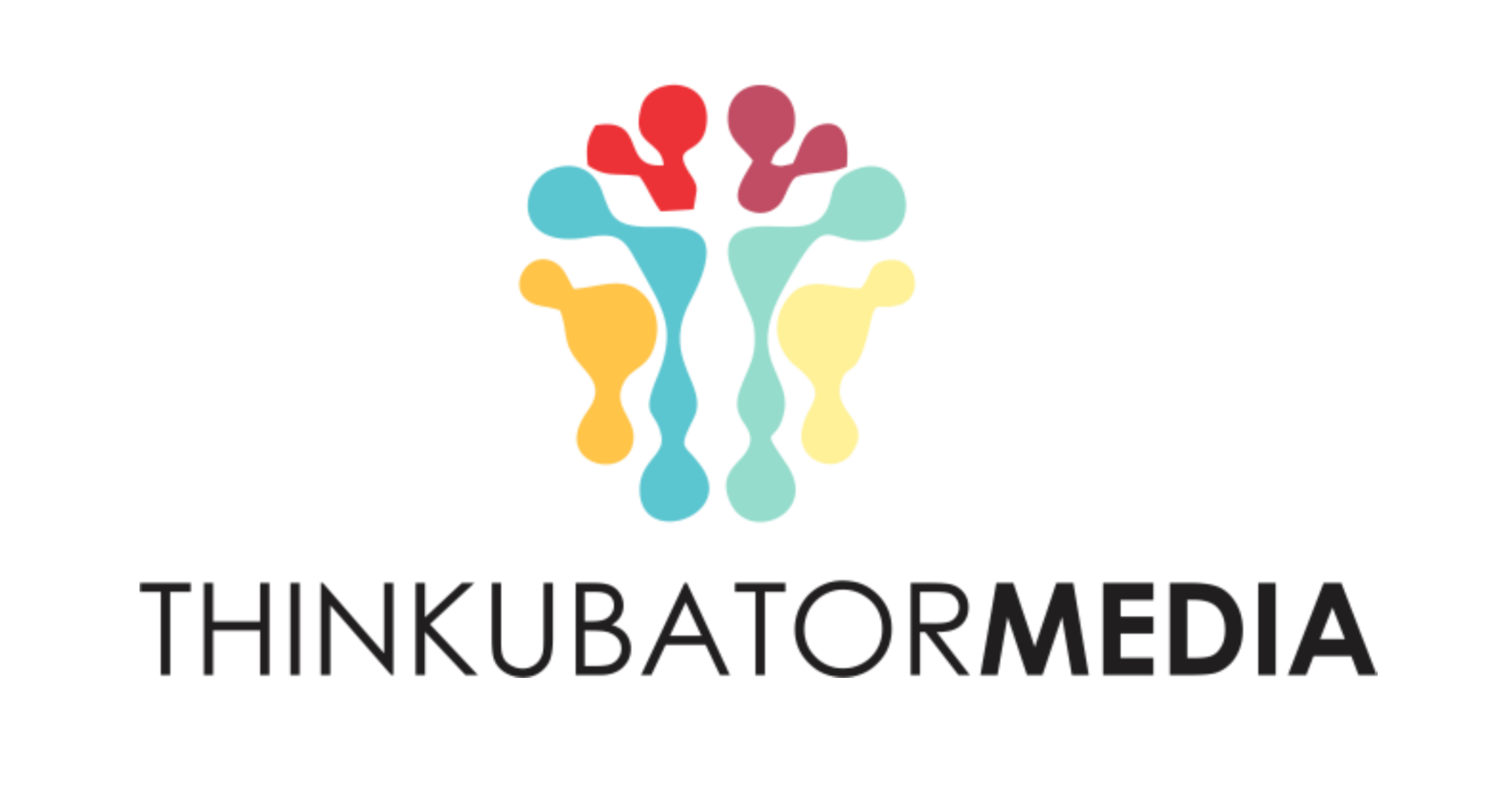 PANEL DISCUSSION:
PANEL DISCUSSION:Workforce Transformation: An Evolving Approach to Achieve Innovation
(Continental Breakfast Provided) Co-Organized with Thinkubator Media
 Lori Lennon, Founder & CEO, Thinkubator Media
Lori Lennon, Founder & CEO, Thinkubator Media
This panel will explore the pivotal decisions shaping our approach to DEI, focusing on workforce innovation and transformation. Panelists will discuss how these strategies are driving impactful change within organizations, fueling innovation, and redefining workplace culture.
PLENARY KEYNOTE SESSION
Ex vivo and in situ Engineered Stroma Targeted CAR T Cells for the Treatment of Solid Tumors and Fibrosis
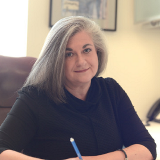 Ellen Puré, PhD, Chair & Professor, Biomedical Sciences, University of Pennsylvania
Ellen Puré, PhD, Chair & Professor, Biomedical Sciences, University of Pennsylvania
Engineered chimeric antigen receptor expressing T cells (CARTs) have had a major impact on the treatment of hematopoietic cancers. Solid tumors however, are largely resistant to malignant cell-targeted CAR Ts due to a stroma-rich microenvironment. This talk will provide proof-of-concept for therapeutic efficacy of ex vivo and in situ engineered stroma-targeted CAR Ts in solid tumors and tissue fibrosis, and their capacity to synergize with chemo- and other immune-based therapies.
9:35 amCoffee Break in the Exhibit Hall with Poster Viewing
ENTREPRENEUR MEET-UP
Fostering Entrepreneurship and Models for Start-Ups
Natalie Galant, CEO of Paradox Immunotherapeutics and Termeer Fellow, and Catharine Smith, Executive Director of the Termeer Foundation, are co-hosting an entrepreneurship meet up.
Are you a founder or aspiring founder? Are you an academic entrepreneur? Join Natalie and Catharine and PEGS attendee founders and entrepreneurs for networking and discussion.
We will discuss existing resources for academic entrepreneurs, founders, and start-up leaders, and areas where the ecosystem can better support you.
IMPROVING RESPONSE RATES, OVERCOMING HOST CELL IMMUNE EVASION
Engineering T Cells to Catalyze Multicellular Antitumor Immunity
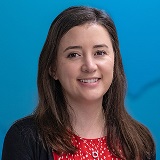 Shannon K. Oda, PhD, Principal Investigator & Associate Professor, Center for Childhood Cancer Research, Seattle Children’s Research Institute
Shannon K. Oda, PhD, Principal Investigator & Associate Professor, Center for Childhood Cancer Research, Seattle Children’s Research Institute
Tumor heterogeneity is a major obstacle to effective cancer therapy. To overcome this issue, we developed a T cell engineering strategy that promotes in vivo persistence and catalyzes a multicellular antitumor immune response, providing enhanced eradication of hematological and solid tumors.
Immune Evasion for Allogeneic Cell Therapy
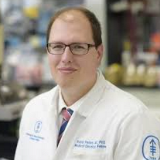 Karlo Perica, Assistant Attending Physician, Michel Sadelain Lab, Memorial Sloan Kettering Cancer Center
Karlo Perica, Assistant Attending Physician, Michel Sadelain Lab, Memorial Sloan Kettering Cancer Center
Autologous CAR T cell manufacturing is costly and complex, leading to delays in treatment and barriers to access. Allogeneic cell products from a healthy donor or a pluripotent stem cell are readily available ‘off-the-shelf,’ but limited by host immune rejection. I will describe our recently developed approaches to host immune evasion based on 1) manipulating cell adhesion and 2) using viral immune evasins.
11:25 amSponsored Presentation (Opportunity Available)
11:55 amSession Break
 LUNCHEON PRESENTATION: Expanding Access to Antibody Discovery: Novel Transgenic Mouse Models for Therapeutic Development
LUNCHEON PRESENTATION: Expanding Access to Antibody Discovery: Novel Transgenic Mouse Models for Therapeutic Development
Speaker to be Announced, The Jackson Laboratory
Transgenic mouse platforms have enabled the identification of diverse, high-affinity and developable drug candidates leading to new marketed therapies. The Jackson Laboratory, in partnership with Abtherx, aims to improve access to these advanced tools, for both researchers and drug developers, with the introduction of novel transgenic mouse models expressing human antibody variable sequences - the Atlas mice - designed for traditional monoclonal and bispecific discovery campaigns.
12:30 pmLuncheon Presentation (Sponsorship Opportunity Available) or Enjoy Lunch on Your Own
INTERACTIVE DISCUSSIONS
Interactive Breakout Discussions are informal, moderated discussions, allowing participants to exchange ideas and experiences and develop future collaborations around a focused topic. Each discussion will be led by a facilitator who keeps the discussion on track and the group engaged. To get the most out of this format, please come prepared to share examples from your work, be a part of a collective, problem-solving session, and participate in active idea sharing. Please visit the Interactive Breakout Discussions page on the conference website for a complete listing of topics and descriptions.
The Promise of AI in Therapeutic Discovery - Has it Lived up to the Hype?
Navigating the Future of Cell & Gene Therapy: Overcoming Development, Manufacturing, and Commercialization Challenges
Michael D. Jacobson, PhD, Managing Partner, Cambridge Biostrategy Associates LLC
- Scaling Up: From Lab to Commercial Manufacturing - Addressing bottlenecks, automation, and cost efficiency
- Regulatory & Quality Challenges - Adapting to evolving global requirements and ensuring product consistency
- Supply Chain & Logistics - Maintaining speed, safety, and traceability in an increasingly complex ecosystem
- Cost & Reimbursement - Innovative pricing models and strategies for improving patient access
- Scientific & Clinical Hurdles - Managing safety risks, durability concerns, and trial complexities
- Ethical & Market Considerations - Balancing innovation, equitable access, and the future direction of CGTs
CELL THERAPIES FOR AUTOIMMUNE DISEASE
Harnessing RNA to Enable Cell Therapy for Autoimmune Disease: From Concept to Clinic
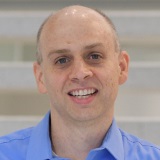 Christopher M. Jewell, PhD, CSO, Cartesian Therapeutics
Christopher M. Jewell, PhD, CSO, Cartesian Therapeutics
Autoimmunity, which impacts over 50 million people in the United States, occurs when the immune system mistakenly attacks host tissue. While cell therapies have been transformative for some cancers, application of cell therapies to autoimmune disease has been limited by safety risks, pretreatment chemotherapy, and lengthy inpatient stays. This presentation will share Cartesian’s strategy to overcome these hurdles with RNA, enabling safe and effective treatment of patients with autoimmune disease.
Engineering Autologous CAR T Cells for the Treatment of Autoimmunity
 Neal S. Van Hoeven, PhD, Vice President, Preclinical Research, Cabaletta Bio
Neal S. Van Hoeven, PhD, Vice President, Preclinical Research, Cabaletta Bio
B-cell-depleting chimeric antigen receptor T cell (CAR T) therapy has shown remarkable and durable utility for the treatment of autoimmune diseases. The development of novel advanced CAR T products needs to account for the unique considerations that autoimmune patients have compared to oncology patients. The role of preclinical studies to further evaluate and optimize these advanced CAR T candidates will be discussed.
CAR-MSC Technology for Autoimmune Disease
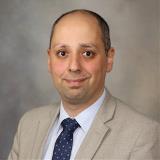 Saad Kenderian, PhD, Assistant Professor, Medicine and Oncology, Mayo Clinic College of Medicine; Co-Leader, Cancer Immunology Immunotherapy, Mayo Clinic Cancer Center
Saad Kenderian, PhD, Assistant Professor, Medicine and Oncology, Mayo Clinic College of Medicine; Co-Leader, Cancer Immunology Immunotherapy, Mayo Clinic Cancer Center
Allogeneic mesenchymal stromal cells (MSCs) show inconsistent efficacy in immune disorders due to insufficient immunosuppression. We enhanced their function by engineering MSCs with chimeric antigen receptors (CARs). As a proof of concept model, we developed CAR-MSCs targeting E-cadherin to treat graft-versus-host disease and inflammatory bowel diseases. CAR-MSCs improved T-cell suppression and targeted localization, significantly ameliorating symptoms and survival. This method promises a broadly applicable approach to boost immunosuppression in various conditions.
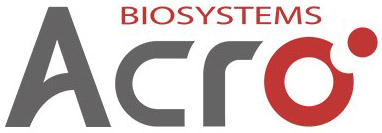 Comprehensive Solutions to Advance Cell Therapies for Autoimmune Diseases
Comprehensive Solutions to Advance Cell Therapies for Autoimmune Diseases
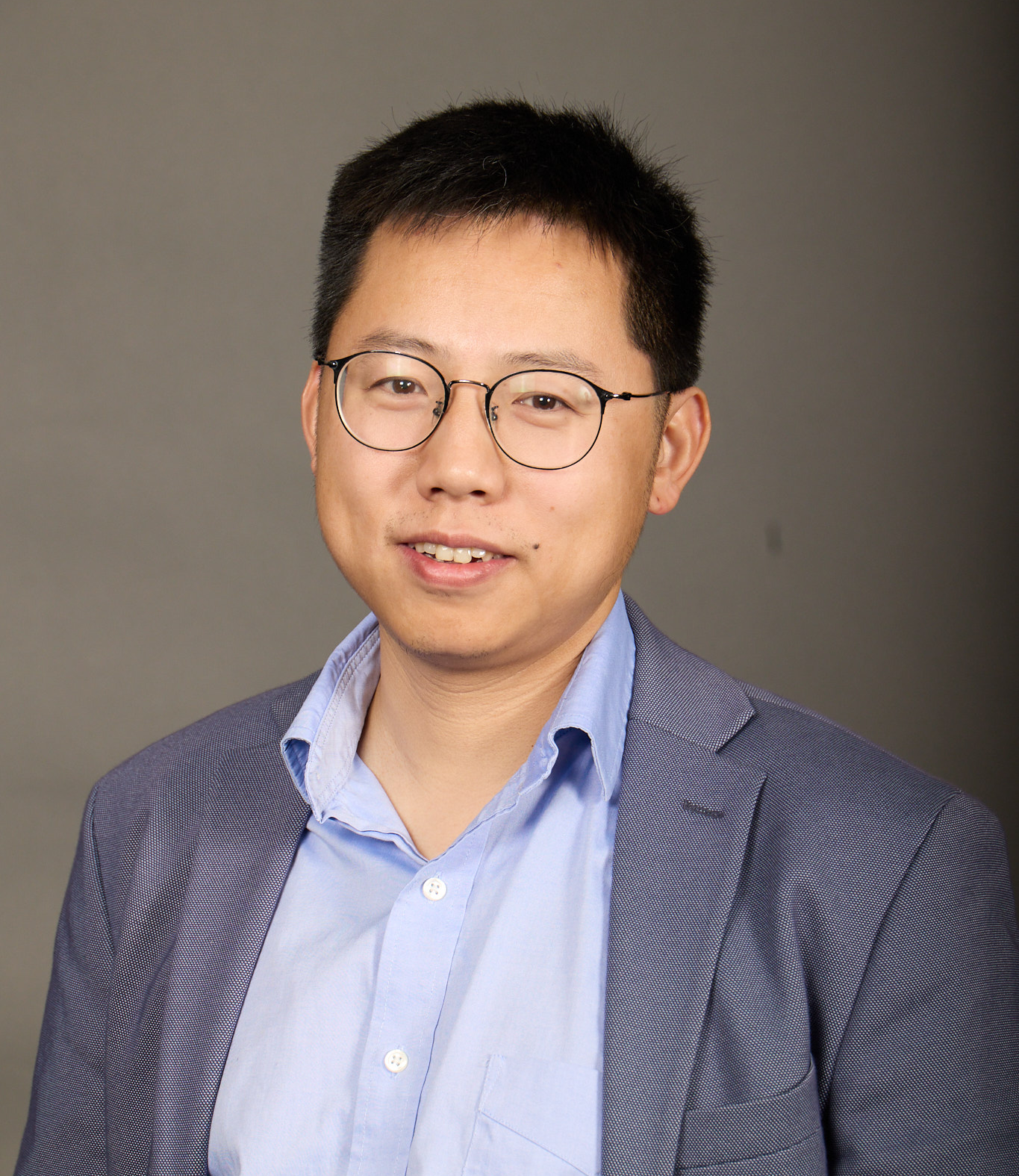 Dr. An Ouyang, Product Manager, Product Development, ACROBiosystems
Dr. An Ouyang, Product Manager, Product Development, ACROBiosystems
Autoimmune diseases are chronic, debilitating conditions characterized by dysfunction in the immune system's ability to distinguish self from non-self, triggering an aberrant immune response against the body's own cells and tissues. Chimeric antigen receptor (CAR) cell therapy has emerged as a promising solution for treating autoimmune diseases by engineering immune cells, such as T cells or natural killer (NK) cells, to express specialized receptors that can target and eliminate specific cells driving the autoimmune responses. At ACROBiosystems, we are committed to providing comprehensive products and solutions to accelerate your autoimmune disease drug discovery and development.
4:00 pmIce Cream Break in the Exhibit Hall with Poster Viewing
TARGETING SOLID TUMORS
Targeting Solid Tumors with Integrated Circuit T Cells
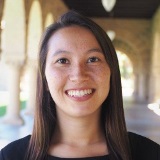 Sarah Lensch, PhD, Senior Scientist, Arsenal Bio
Sarah Lensch, PhD, Senior Scientist, Arsenal Bio
Challenges in the CAR T field include persistence and off-target effects. ArsenalBio is leveraging synthetic biology to enhance both the specificity and potency of CAR T cells. ArsenalBio’s logic-gated technology enables CAR T cells to selectively respond based on the presence of two tumor antigens, and avoid when those antigens appear individually on healthy cells. CAR T cells are also engineered to contain Synthetic Pathway Activators (SPA) and shRNAs that improve persistence and survival in the immunosuppressive tumor microenvironment. ArsenalBio's approach addresses critical barriers to CAR T efficacy and safety in solid tumors, potentially broadening the therapeutic landscape for patients with limited treatment options.
Armoring TIL with Regulated Immune Mediators for Enhanced Potency in Challenging Tumor Microenvironments
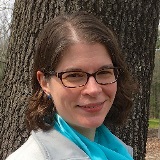 Michelle Ols, PhD, Senior Director & Head, Cell Therapy, Obsidian Therapeutics, Inc.
Michelle Ols, PhD, Senior Director & Head, Cell Therapy, Obsidian Therapeutics, Inc.
Obsidian's cytoDRiVE platform enables pharmacologic regulation of protein expression using drug-responsive domains (DRD). Our lead clinical candidate, OBX-115, in Phase 1/2 clinical development (NCT06060613), is an IL2-free tumor infiltrating lymphocyte (TIL) cell therapy product using regulatable membrane-bound IL15 to drive IL2-independent TIL persistence and efficacy. Preclinically, we are coregulating two cytokines, evaluating novel DRDs, and pairing DRD regulation with inducible promoters to enable spatiotemporal control of protein expression. These technologies have the potential to unlock the therapeutic window of cell therapies armored with potent inflammatory mediators, such as IL12 and LIGHT, to remodel the microenvironment of cold and fibrotic tumors.
Generation of a Triple Antigen Targeting CAR T Cell Therapy for AML; Why Use VHHs?
 Alexander W. Kinna, PhD, Associate Director, Binder Discovery, Autolus Therapeutics
Alexander W. Kinna, PhD, Associate Director, Binder Discovery, Autolus Therapeutics
CAR T cells traditionally employ scFv-derived binding domains for antigen recognition. However, alternative antibody formats-notably Camelid-derived single-domain antibodies-differ in biophysical properties such as stability and aggregation propensity, and exhibit distinct interactions with target cells. We evaluated the functional differences between VHH- and scFv-based CARs targeting CD123 and built on these findings with a triple OR gate VHH-CAR targeting CD123, CLL-1, and CD33 to address challenges in treatment of AML.
New Methods for Targeting Intracellular Oncoproteins Using CAR T Cells
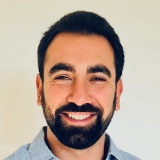 Mark Yarmarkovich, PhD, Principal Investigator, Assistant Professor, NYU School of Medicine
Mark Yarmarkovich, PhD, Principal Investigator, Assistant Professor, NYU School of Medicine
CAR T cells have transformed cancer treatment, yet only a small fraction of cancer patients benefit from these therapies. The knowledge of tumor-specific targets is the rate-limiting step in developing new CAR therapies. Conventional CARs target membrane proteins, few of which are specific to tumors. We will discuss new methods for uncovering tumor drivers presented by HLA and novel methods for overcoming the challenges of targeting pHLA using CARs.
6:40 pmNetworking Reception in the Exhibit Hall with Poster Viewing
7:40 pmClose of Engineering Cell Therapies Conference
* 不測の事態により、事前の予告なしにプログラムが変更される場合があります。
アジェンダ・講演者・スポンサー更新
2025年 プログラム
表示する:

工学ストリーム

腫瘍ストリーム

多重特異性ストリーム

免疫療法ストリーム

発現ストリーム

分析法ストリーム

免疫原性ストリーム

新興治療ストリーム

機械学習ストリーム

